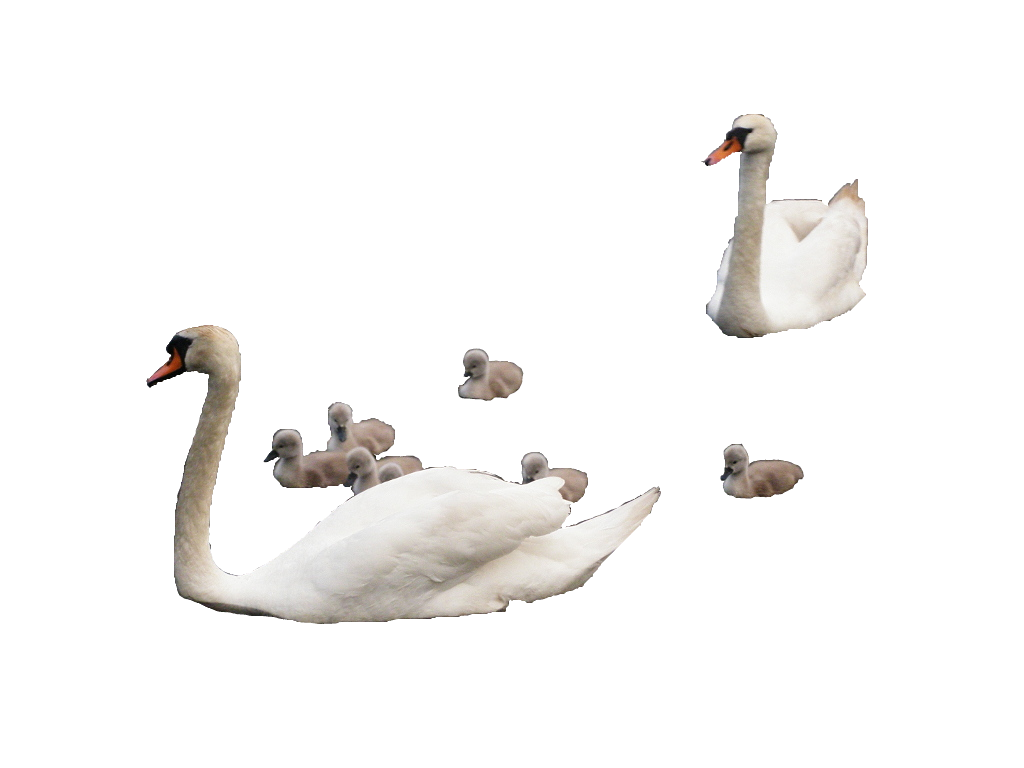
You are here
Intro

06-04-87
Every time I looked back at my life I was struck by a certain regularity. It was as if my life was falling apart in repetitive phases. Not only did I seem to be the master of making the same mistakes over and over [Elze turned out to be a donkey of the most turbid (amniotic fluid) water] there was also a certain pattern in it. When, on the occasion of the birth of my first child [1984], I started to study the development of Penelope Leach's baby and child and compared it to what other scientists [such as Verny & Kelly, Riemann, Freud, Erikson and others] had worked out about development and went deeper into the matter, I came to four basic phases in the first three years of life, which are repeated periodically in later years.
* If you flip the letters elze you will get ezel in Dutch. This means donkey.
0 mths: | individual phase | Development self versus others | i am |
9 mths: | social phase | Development communication | i can |
18 mths: | responsible phase | Development of doing itself | i do |
27 mths: | independent phase | Development sense of identity | i am |
Four basic phases in which all kinds of developments are discussed. Individual, social, responsible and independent developments in the field of wanting, be able, doing and being.
I discovered that as an educator you 'only' have to ensure that you create the right circumstances, with the right materials and the right distance to allow a child to develop intrinsically free. The child will do the rest. This means that both, the child and the adult, must learn, in a righteous way, to set extrinsic limits to each other, and to dictatorial interfering educators and other small and large outsiders who want to impose educators and children wether, how and when children and adults have to want, to be able, to do and to be something. How individual, social, responsible and independent they may be. How intelligent, communicative, handy and knowledgeable.
Because only if an individual is in the positiion to get to know, define and develop his or her needs and preferences freely, if it is aware how an individual safely and socially responsible, independently can survive, if it - regardless of how others view it - being aware of being an individual, it can justly learn to take into account to itself and other individuals. It can learn to be a socially responsible, independent individual, amid and justly attuned to other individuals.
Experiences with negative environmental factors do not necessarily have to lead to negative choices and habits in the rest of life. The individual is the entire life given the opportunity to refine and change the basic experience, choices and attitude to its own wishes. A condition for this is that it can make a distinction [or still learn] between itself and others. Between body and mind of themselves and the other. Between intrinsic signals, perceptions, needs, thoughts, feelings. behaviors and habits and extrinsic. That it can set limits; this is mine and that is yours. That it respects the limits of itself and others. Even if others are not [used to] do that. A prerequisite for this is that it can distinguish between good and evil. Between just and unjust. That it distances itself from what is evil, from an unjust self and unjust others.
The sooner and better you get the chance and/or are able to distinguish between intrinsic and extrinsic, between your individual self and that of others, and the more just your individual basis, the more socially responsible you can come across with the individual needs -in terms of wanting, be able to, doing and being- of yourself and others. Fortunately, according to 4-phase theory, you are never too old to learn, refine and redirect. Donkeys like me too.

